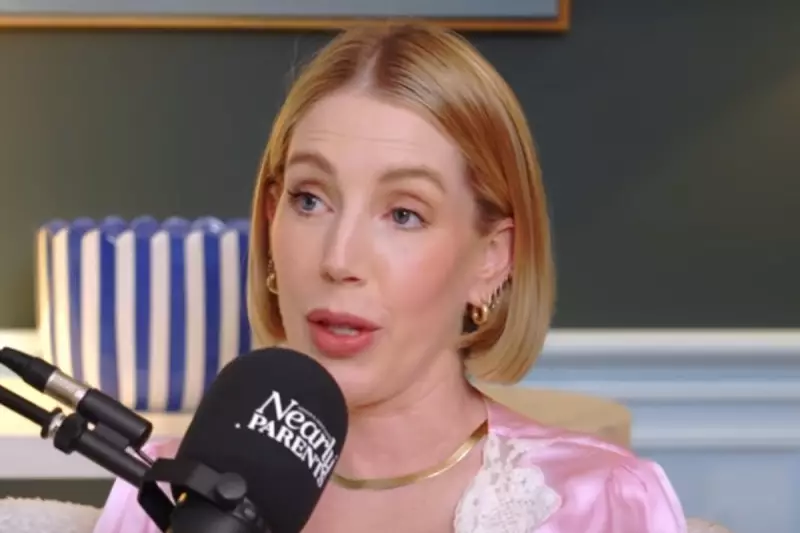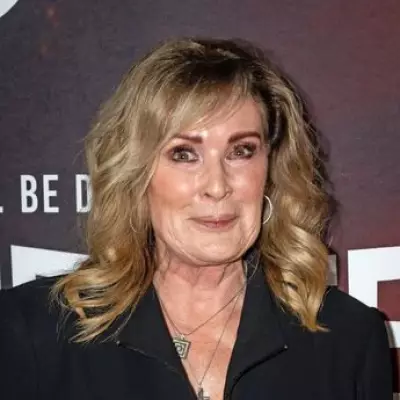
In a move that is sparking conversation amongst expectant mothers, celebrated Canadian comedian and UK resident Katherine Ryan has made a revealing confession about her third pregnancy. The star chose to privately bank the stem cells from her placenta after giving birth, a decision she describes as a form of biological insurance for her family's future health.
Ryan, known for her razor-sharp wit and unflinching honesty on shows like 8 Out of 10 Cats and The Duchess, kept her entire pregnancy out of the public eye. She has now shared that this privacy extended to a significant personal health choice. The process involves collecting and cryogenically freezing the potent stem cells found in the placenta and umbilical cord blood post-delivery.
Why Bank Stem Cells?
These cells are a cornerstone of regenerative medicine, possessing the unique ability to develop into many different cell types in the body. They are currently used in the treatment of over 80 serious diseases, including various cancers, blood disorders, and immune deficiencies, with ongoing research for future applications.
"I banked my placenta... the stem cells," Ryan stated, framing it as a pragmatic step. "It's just in case, for the future. It's like an insurance policy." This perspective resonates with many parents seeking to harness medical science to potentially safeguard their children's long-term wellbeing.
A Growing Trend in Personalised Healthcare
Ryan's decision shines a spotlight on a rapidly advancing area of family healthcare. While the NHS offers public cord blood banking in specific circumstances, private services allow any family to store these cells exclusively for their own use. This has made the procedure an increasingly popular consideration for new parents across the UK, turning a once-overlooked afterbirth into a potential lifeline.
By speaking openly about her experience, Katherine Ryan has moved the conversation about stem cell banking from the realms of medical journals into mainstream motherhood chats. Her story empowers parents to research and consider all options available to them, transforming a deeply personal choice into a public dialogue about the future of health.





